We were lucky to catch up with Lauren Wade recently and have shared our conversation below.
Lauren, thanks for taking the time to share your stories with us today Before we get into specifics, let’s talk about success more generally. What do you think it takes to be successful?
To be successful in any industry—especially a creative one like photography and directing—you first have to define what success actually means to you. For some people, it’s about money, and that’s valid. But if financial gain is your only metric, the arts can be a tough gamble. I had to redefine success for myself early on, and that meant identifying not just the kinds of jobs I wanted, but what I valued in the work itself: creative fulfillment, new connections, visibility, and momentum. Some of my most rewarding projects didn’t pay the most, but they opened the right doors. Being adaptable has been essential. I never set out to shoot video, but as budgets shifted and clients needed more from fewer people, I taught myself—first out of necessity, then out of real interest. And challenging myself to grow in that way is ultimately what propelled me into directing music videos. That had quietly been a dream of mine, something I didn’t even realize was a real possibility until I started building trust with labels and artists, and eventually began getting the chance to pitch on videos. Even then, you pitch on a lot before you get a yes. So once again, I had to redefine success: for me, a successful pitch isn’t just about landing the job—it’s about creating a concept I’m proud of. If I turn something in and I love it, I’ve already won. That mindset has helped me stay motivated and grounded in a process that can be unpredictable. I think the key is setting your own benchmarks—recognizing that success isn’t just the final product, it’s the steps you take to get there. And when you focus on those incremental wins, it becomes less overwhelming and more sustainable over time.
Lauren, love having you share your insights with us. Before we ask you more questions, maybe you can take a moment to introduce yourself to our readers who might have missed our earlier conversations?
I studied film and photography at Emerson College and started my career at a post-effects house, but the journey to where I am now has been winding, in the best way. I spent years as a photo editor and photo director in the corporate world before quitting my job ten years ago to launch my own business: Wadergirl Photography and Creative, now evolved into Wadergirl Creative. These days, I direct, I produce, and I photograph—I get to do all the things I love.
The turning point came when I attended an amazing photo camp called Field Trip. Being surrounded by hundreds of talented photographers opened my eyes to the possibilities beyond the commercial and editorial world I’d been in. I discovered a whole movement of photographers capturing family and wedding imagery with the same artistry and intentionality you’d expect in a magazine. I was really inspired by that shift—by the idea that everyday people could have their lives documented as beautifully as any celebrity—and I saw an opportunity to help make that happen.
At the same time, I was also spending a lot of nights in LA’s music scene, photographing artists and going to shows. Music has always been my other great love, and it was a natural fit. Even when I wasn’t getting paid, I was shooting musicians I admired, just for the joy of it—and one of those shoots ended up landing me my first real music industry job. A label saw the images and brought me in to photograph one of their artists. That one opportunity led to more, and now I regularly shoot promo and marketing images for artists at Sony Arista, Concord, and beyond. Over time, that path organically evolved into directing music videos, which has felt like a full-circle moment, melding my love of imagery and story with my deep connection to music.
What sets my work apart isn’t just the final product, but the experience I create for the people I photograph. I have a genuine fascination with the human condition and those quiet, in-between moments where people are most themselves. Whether I’m shooting a portrait or a behind-the-scenes video, I bring lightness and ease to the process. I know how hard people can be on themselves. One bad photo can shake someone’s confidence, but I know that with the right energy and connection, everyone is beautiful. I help people feel comfortable, seen, and celebrated. It’s not about a perfect pose—it’s about capturing something real.
In addition to my creative work, I’m incredibly proud to have been part of meaningful projects that promote representation. I was a Creative and Senior Producer on the Dove x Girlgaze x Getty Images #ShowUs campaign—the largest image library Getty has ever acquired—featuring real women and non-binary people from around the world. That work was rooted in a simple but powerful idea: that people deserve to see themselves reflected in the media they consume. I’ve also shot promo campaigns for TV shows, had work on billboards, and been published in so many outlets I grew up reading—like Harper’s Bazaar, People Magazine, Vanity Fair, and Nylon—I still have to pinch myself sometimes. But honestly, what I’m proudest of is the trust I’ve earned. I’ve never had a client walk away unhappy—and I think that’s because my goal is always to reflect the beauty I see back to the person in front of the lens.
At the end of the day, I’m not just trying to take good photos. I’m trying to create something that feels honest, joyful, and alive. Something that lasts.
Let’s talk about resilience next – do you have a story you can share with us?
Owning a small business in the creative industry requires resilience by nature. You wear every hat—artist, agent, marketer, administrator—and most of the time, you’re just throwing things at the wall and hoping something sticks. But the moment that truly showed me my own resilience came earlier this year, when my family and I lost our home in the Eaton Canyon fires. We lost nearly everything—years of work, archives, family belongings. I was wrecked. I wasn’t sure if I’d ever feel the energy or joy to make something again. Then, I was given the chance to pitch on Sarah McLachlan’s first single in over a decade, a song called Better Broken. I’d been a fan of hers since I was younger—her music had been a real source of comfort for me—and the timing felt almost surreal. As I listened to the track, I kept thinking about my house, the pain of losing it, and how nature had reclaimed the space. That loss was heartbreaking, but also beautiful, and I channeled those feelings into the concept for the video: a woman enters a grand old house filled with memories, and as she processes them, nature slowly takes over. Not only did I get the job, but the location we used—The Woodbury House in Altadena—was just a few blocks from where my home once stood. Built in the 1800s, it had somehow survived the same fires. So I ended up filming this metaphor about loss and transformation right in the place where my own story had unfolded. That project reminded me of what I’m capable of. It helped me heal. And it showed me that even when everything burns down, I can still make something beautiful from the ashes.
We often hear about learning lessons – but just as important is unlearning lessons. Have you ever had to unlearn a lesson?
A lesson I had to unlearn early on was the idea that being able to rattle off every technical detail about a camera somehow equated to being a good photographer. When I was first starting—especially as a woman in film and photography—it sometimes felt like if I couldn’t talk shop about gear specs on set, then my skills were automatically questioned. I had a lot of experiences where people (often men, though not always) would dominate conversations around equipment, and I internalized this idea that I needed to memorize every setting and sensor stat just to be taken seriously. But what I’ve learned over time—and especially since going out on my own—is that technical knowledge doesn’t make someone an artist. I know how to use my gear, I understand light, composition, and timing. But I’m not in this for the camera. I’m in it for the connection, the moment, the feeling. I consider myself an emotional photographer. I care more about what I’m capturing than what I’m capturing it with. Once I realized that, I let go of the pressure to prove myself through tech talk. I let the work speak for itself. And it does.
Contact Info:
- Website: www.wadergirl.com
- Instagram: @wadergirl
- Linkedin: https://www.linkedin.com/in/laurenwadecreative/
- Youtube: https://www.youtube.com/@laurenwade9239
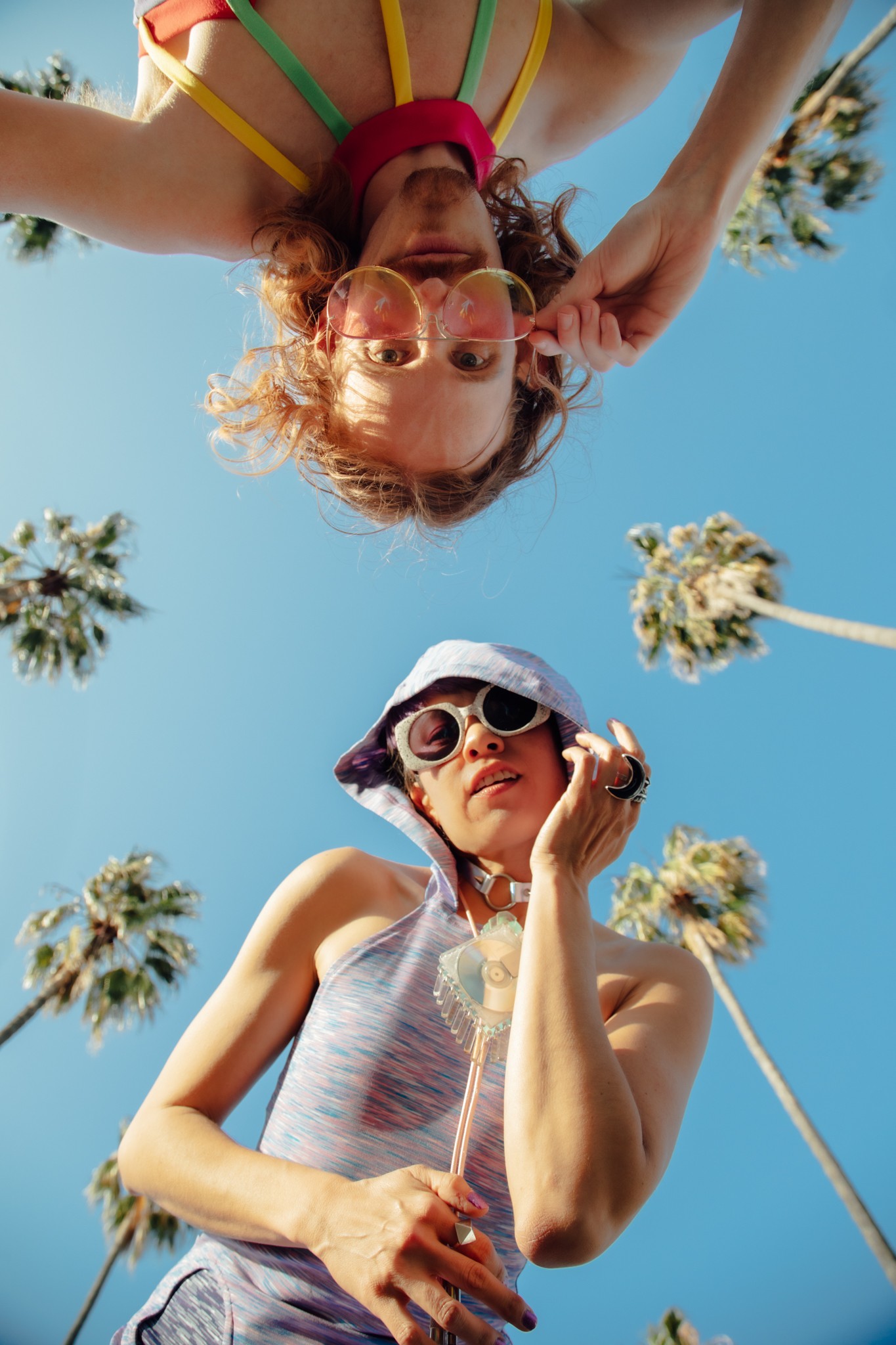
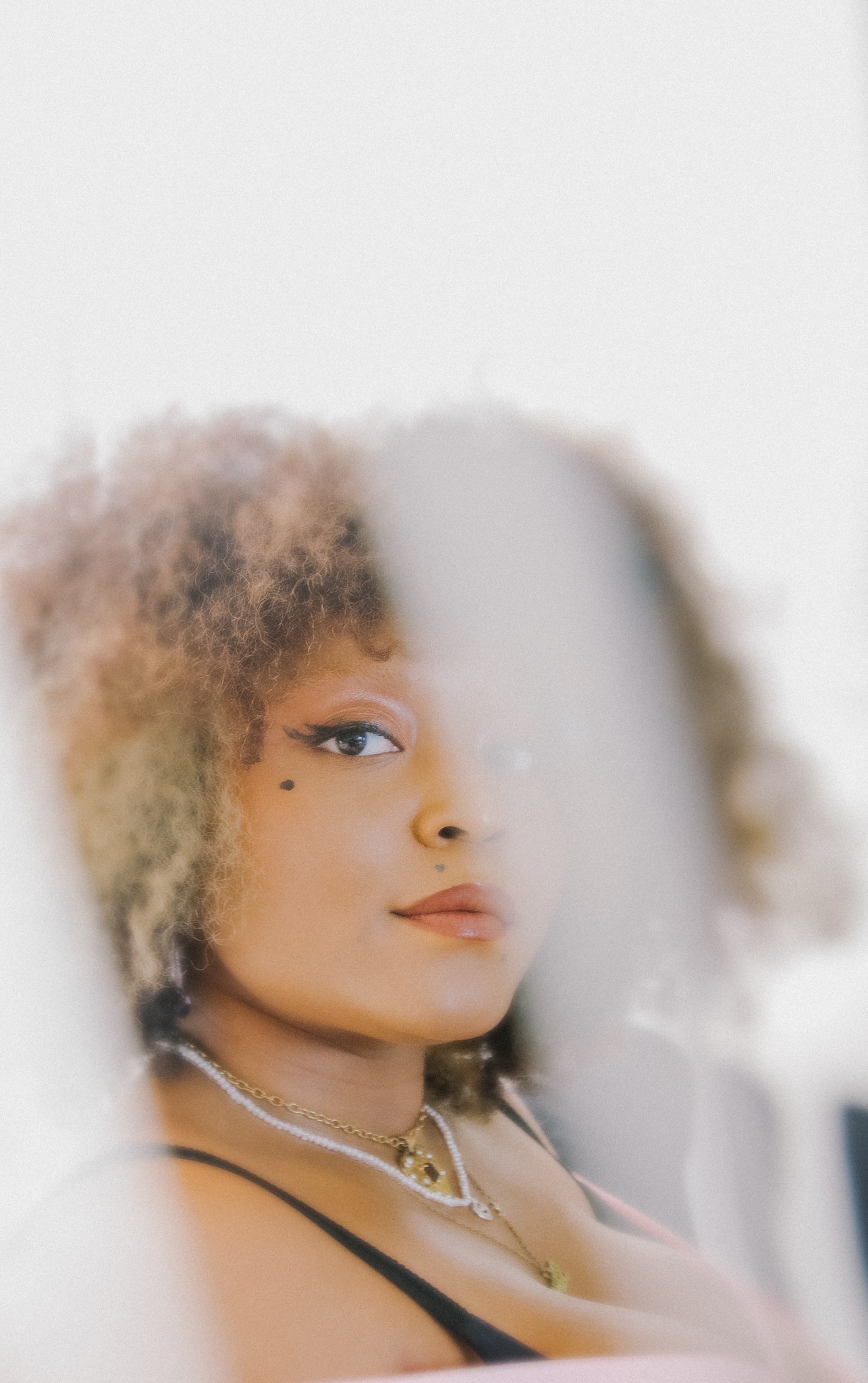

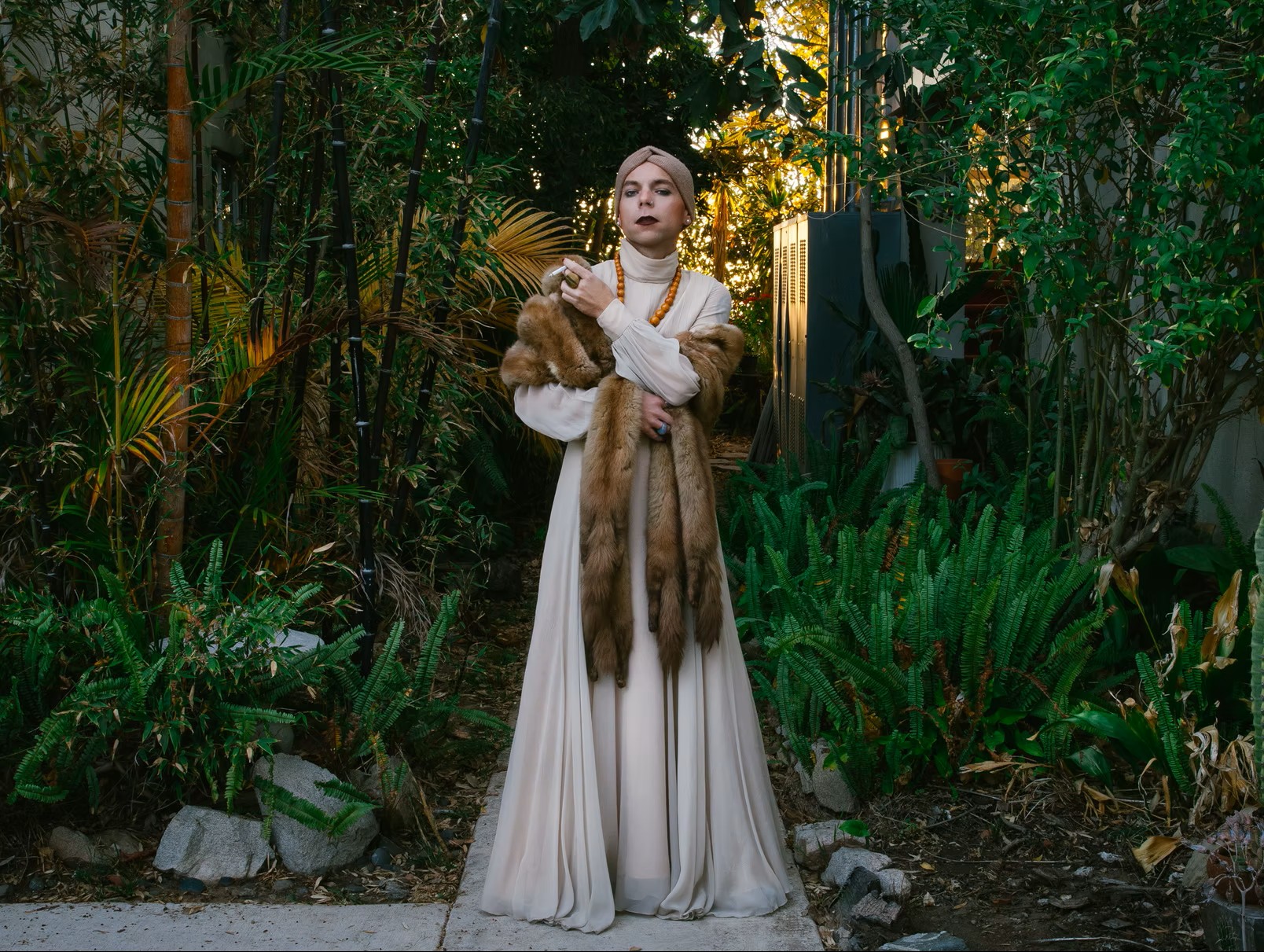
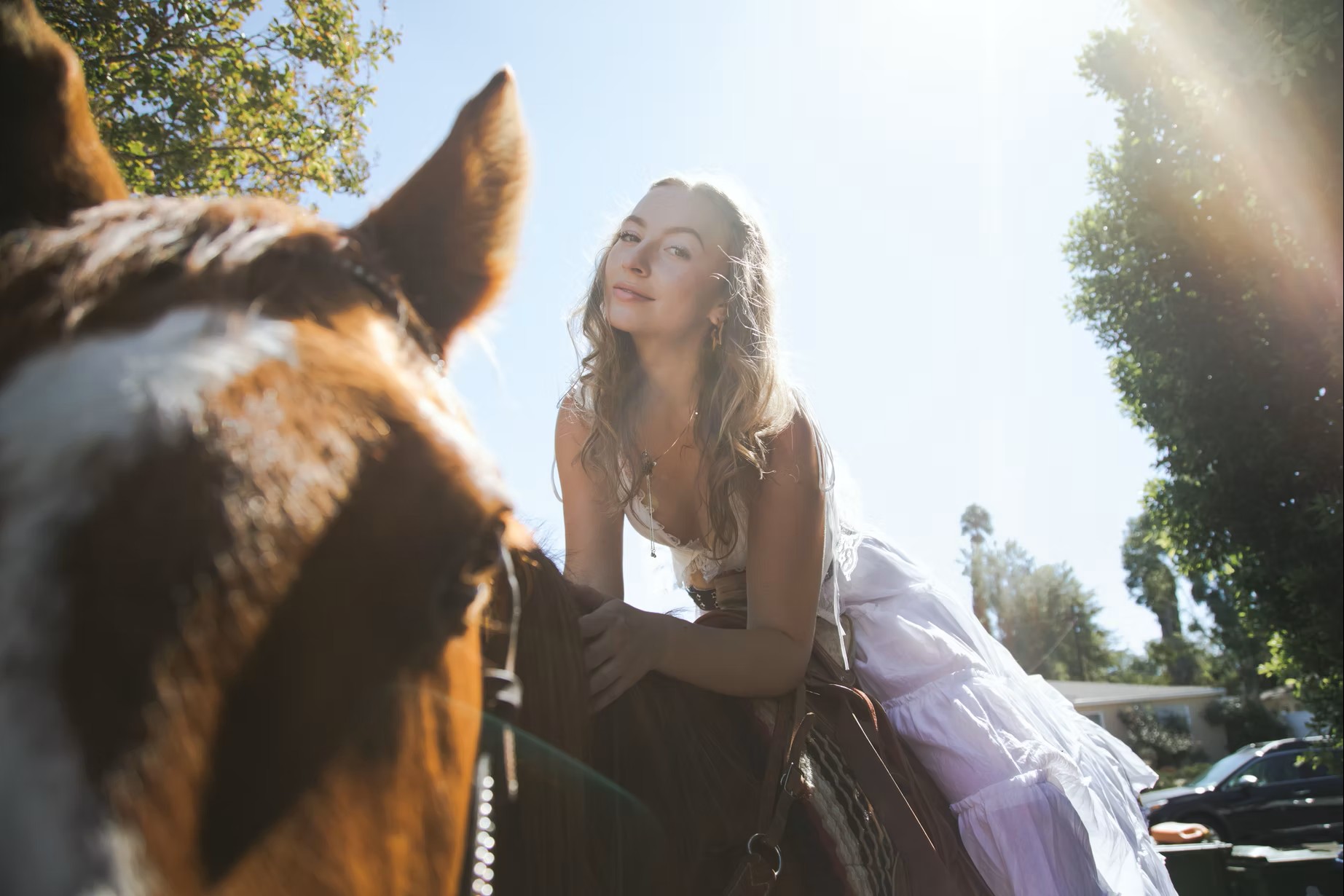
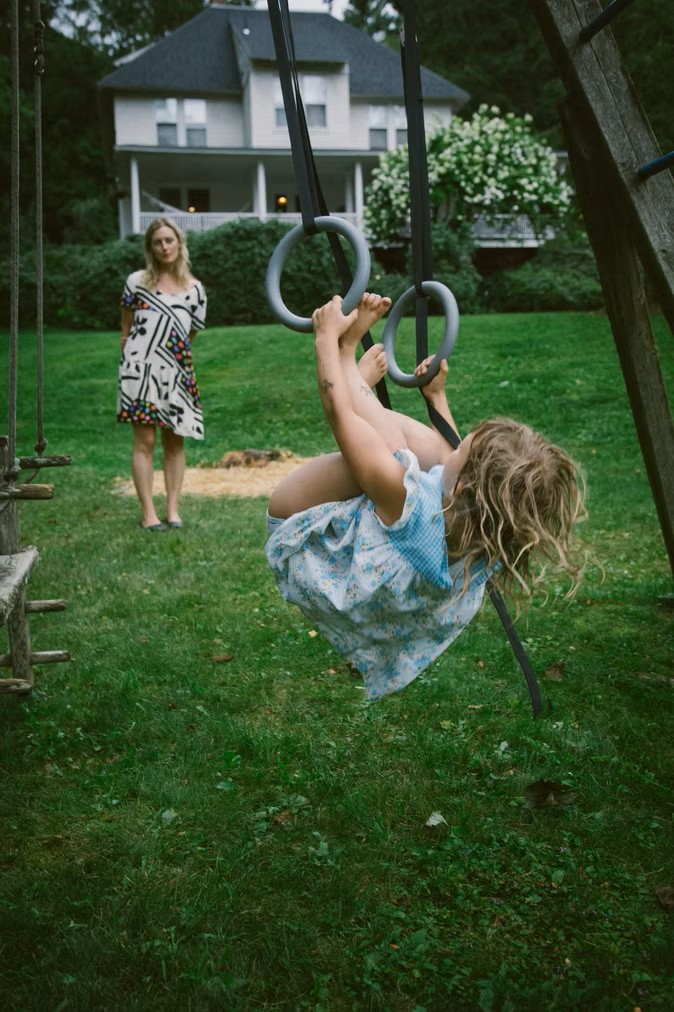
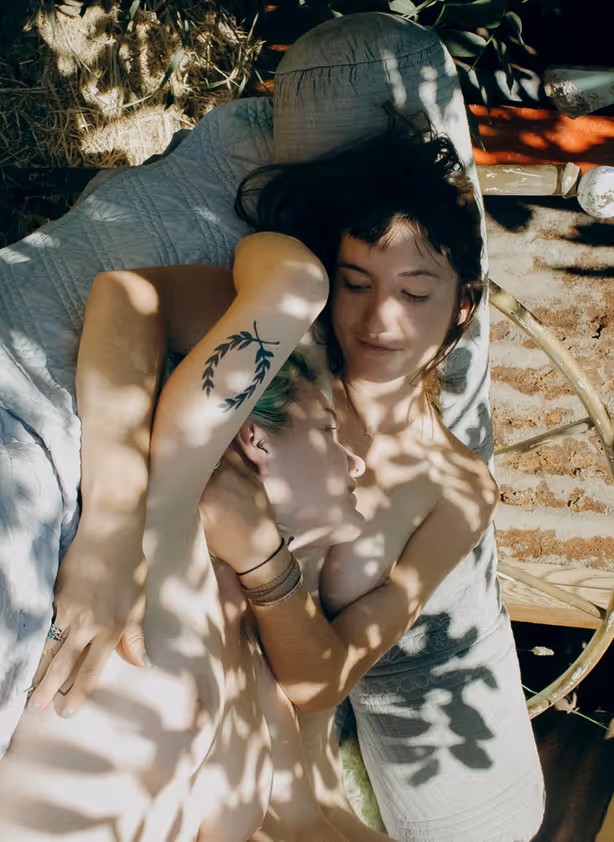
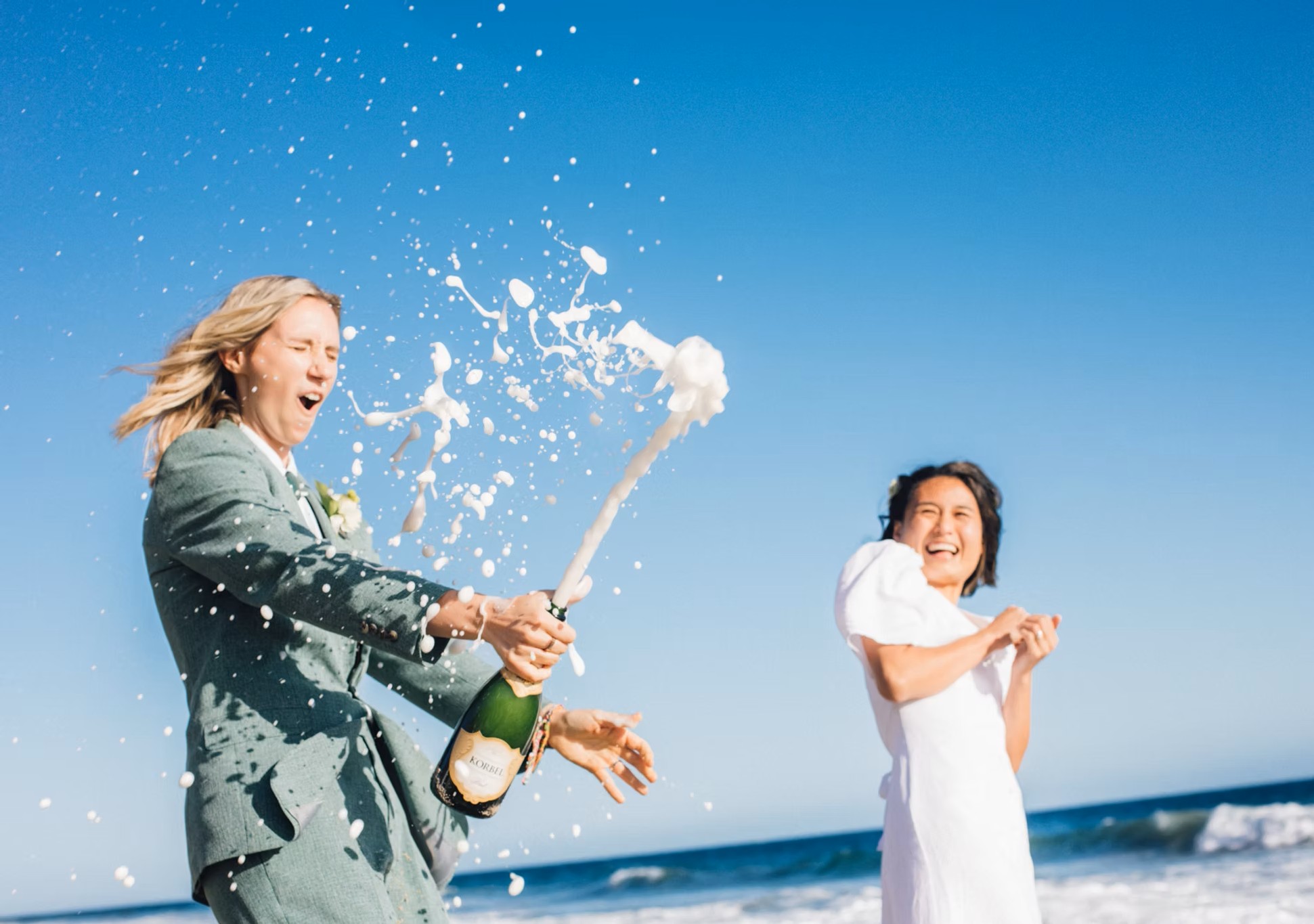
Image Credits
Lauren Wade


